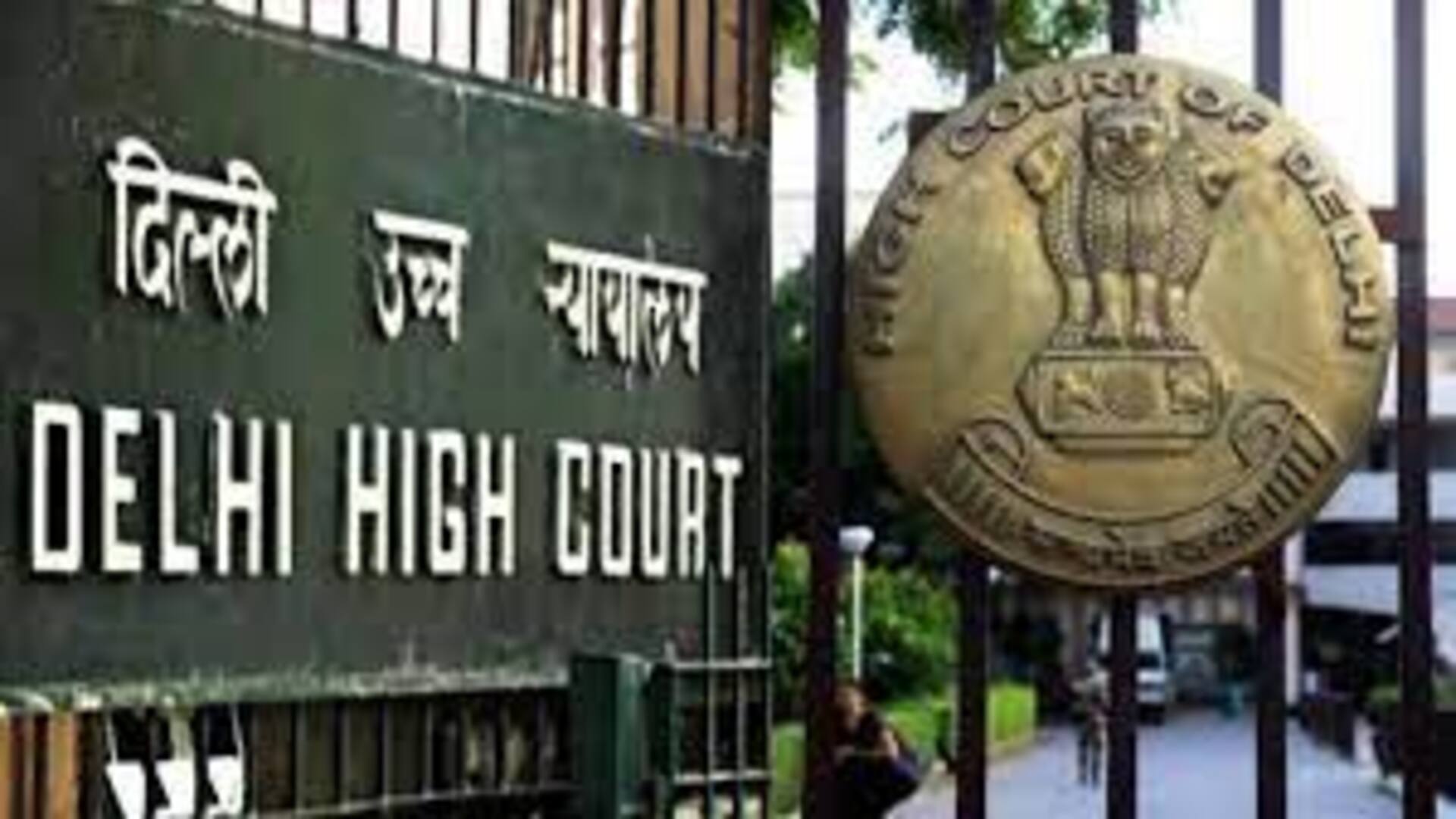
The Delhi High Court in the case Prime Interglobe Private Limited vs Super Milk Products Private Limited observed and has held that in cases where there are analogous arbitration proceedings related to other agreements, there is no need to invoke fresh arbitration by issuing a notice under Section 21 of the Arbitration Act.
The single bench headed by Justice Manoj Kumar Ohri in the case observed and has held that there is not a notice requirement under Section 11(6) of the Arbitration and Conciliation Act, 1996.
Facts of the Case:
The present matter pertains to the disputes arising from the Franchise Agreements between Petitioner and Respondent. Thus, the petitioner asserted that an initial Master Franchise Agreement designated the Petitioner as the ‘Master Franchisee’ for the franchise business in the territories of Punjab (including Chandigarh Tri-city), Gujarat, and Maharashtra.
Therefore, 14 additional Franchise Agreements were executed between the parties to govern the operation of outlets. Thus, the disputes arose between the parties.
Further, the petitioner approached the Delhi High Court (High Court) and filed a petition under Section 11(6) of the Arbitration and Conciliation Act, the Arbitration Act, wherein it seeks the appointment of a Sole Arbitrator.
On the other hand, the respondent contested the petition wherein it raised an objection to its maintainability. The objection was being based on the argument that the petition lacked a prerequisite notice under Section 21 of the Arbitration Act, which is required to invoke arbitration. The court observed that the disputes arising from the Master Franchise Agreement were previously referred to the Arbitral Tribunal, which results in the issuance of an award. Additionally, disputes related to 12 out of the 14 Franchise Agreements were also referred to the arbitral tribunal, and the proceedings were pending.
Observations Made By the High Court:
The central issue before the High Court was whether, before filing the petition under Section 11(6), the Petitioner was required to separately invoke arbitration afresh by issuing a notice under Section 21 of the Arbitration Act.
The court in the case referred to the decision in the case Zion Promoters and Developers Pvt. Ltd. v. Ferrous Infrastructure Pvt. Ltd, wherein the court highlighted the distinction between Sections 11(5) and 11(6) of the Arbitration Act. It also emphasized that Section 11(6) empowers a “party” to approach the court for the appointment of an arbitrator without the requirement of a notice, provided certain circumstances have been fulfilled. The court held that once an arbitration agreement has been invoked by a party, it cannot be invoked for the second time by another party.
The High Court while considering the facts and circumstances of the case observed and has held that the present case fell under Section 11(6)(c) and not under Section 11(5).
Further, the High Court held that it being appropriate to refer the matters to the same Arbitrator who was already handling disputes related to other agreements between the parties.
The counsel, Advocates Mr. Gaurav Gupta, Mr. Nikhil Kohli, Mr. Tushar Mudgil and Mr. Kushank Garg appeared for the Petitioner.
The counsel, Advocates Mr. Aseem Chaturvedi, Mr. Shivank Diddi and Mr. Milind Jain represented the respondent.